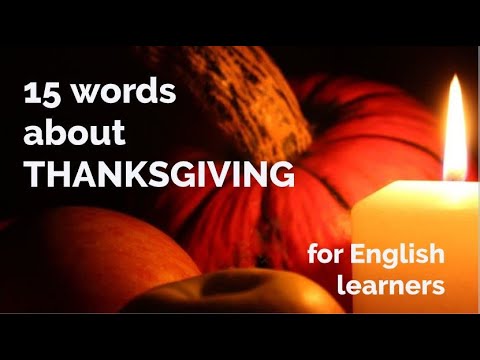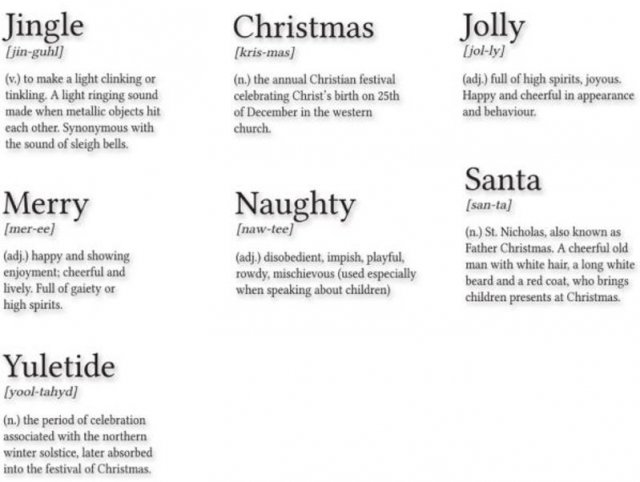The Intricacies Of "Z" In The Festive Lexicon: A Comprehensive Exploration
The Intricacies of "Z" in the Festive Lexicon: A Comprehensive Exploration
Related Articles: The Intricacies of "Z" in the Festive Lexicon: A Comprehensive Exploration
Introduction
With great pleasure, we will explore the intriguing topic related to The Intricacies of "Z" in the Festive Lexicon: A Comprehensive Exploration. Let’s weave interesting information and offer fresh perspectives to the readers.
Table of Content
The Intricacies of "Z" in the Festive Lexicon: A Comprehensive Exploration

The letter "Z" rarely graces the landscape of Christmas vocabulary. While the holiday season overflows with words like "joy," "peace," and "snow," the letter "Z" appears to be conspicuously absent. This absence, however, does not equate to a lack of significance. Exploring this linguistic phenomenon reveals a fascinating interplay between language, culture, and the inherent limitations of the English alphabet.
The Linguistic Landscape of Christmas
The vast majority of Christmas words are rooted in Anglo-Saxon and Latin origins, reflecting the historical and cultural influences that shaped the holiday. Words like "Christmas," "gift," "tree," and "carol" carry centuries of tradition and meaning. These words are inherently familiar, woven into the fabric of our collective understanding of the holiday.
The letter "Z," however, presents a different story. Its origins lie in the Greek alphabet, introduced to the English language relatively late. Its use in English vocabulary remains limited, primarily found in loanwords or specialized technical terms. This inherent rarity makes it challenging to find words starting with "Z" that seamlessly integrate into the established lexicon of Christmas.
The Quest for "Z" Words: A Linguistic Challenge
The absence of "Z" words within the traditional Christmas vocabulary presents a linguistic challenge. The task of finding words starting with "Z" that resonate with the spirit of the holiday requires a delicate balance of creativity and accuracy.
One approach is to utilize words with a broader semantic scope, such as "zeal," "zealous," or "zest." These words, while not directly related to Christmas, can be used to describe the enthusiasm and joy associated with the holiday. For instance, one might speak of the "zealous spirit" with which children decorate their Christmas trees or the "zest" with which families prepare their Christmas meals.
Another approach is to explore the realm of "Z" words that hold a metaphorical connection to Christmas. Words like "zenith," "zephyr," and "zodiac" can be used to create evocative imagery and symbolism. "Zenith," for example, can symbolize the peak of joy and celebration during Christmas, while "zephyr" can evoke the gentle breeze that carries the scent of pine and cinnamon through the air.
The Importance of "Z" in the Festive Lexicon
While the letter "Z" may not be a common sight in traditional Christmas vocabulary, its absence does not diminish its potential. By embracing the challenge of finding "Z" words that resonate with the spirit of the holiday, we expand our understanding of the language and its ability to capture the essence of this special time.
FAQs
Q: Are there any commonly used Christmas words that start with "Z"?
A: No, there are no commonly used Christmas words that begin with the letter "Z" in the English language.
Q: Why is it so difficult to find "Z" words related to Christmas?
A: The letter "Z" is relatively rare in English vocabulary, particularly in words related to everyday experiences. Additionally, the majority of Christmas vocabulary is rooted in Anglo-Saxon and Latin origins, where "Z" is not a prominent letter.
Q: Can we create new Christmas words starting with "Z"?
A: While possible, creating new words is a complex process that requires careful consideration of their meaning, usage, and cultural relevance. It is important to ensure that any new word contributes meaningfully to the existing vocabulary and does not disrupt the established understanding of the holiday.
Tips for Using "Z" Words in Christmas Conversations:
- Be mindful of context: Ensure that the "Z" word you choose is appropriate for the conversation and the intended audience.
- Use them sparingly: Avoid overusing "Z" words, as they may feel forced or unnatural.
- Focus on meaning and symbolism: Choose words that evoke the spirit of Christmas, even if they are not directly related to the holiday.
- Be creative and playful: Don’t be afraid to experiment with different "Z" words and explore their potential for expressing the joy and wonder of Christmas.
Conclusion
The absence of "Z" words in the traditional Christmas lexicon is a testament to the complex interplay of language, culture, and history. However, this absence does not diminish the potential for "Z" words to enrich our understanding of the holiday. By embracing the challenge of finding words that resonate with the spirit of Christmas, we can expand our linguistic horizons and celebrate the festive season with a new sense of wonder and appreciation.







Closure
Thus, we hope this article has provided valuable insights into The Intricacies of "Z" in the Festive Lexicon: A Comprehensive Exploration. We thank you for taking the time to read this article. See you in our next article!

Leave a Reply